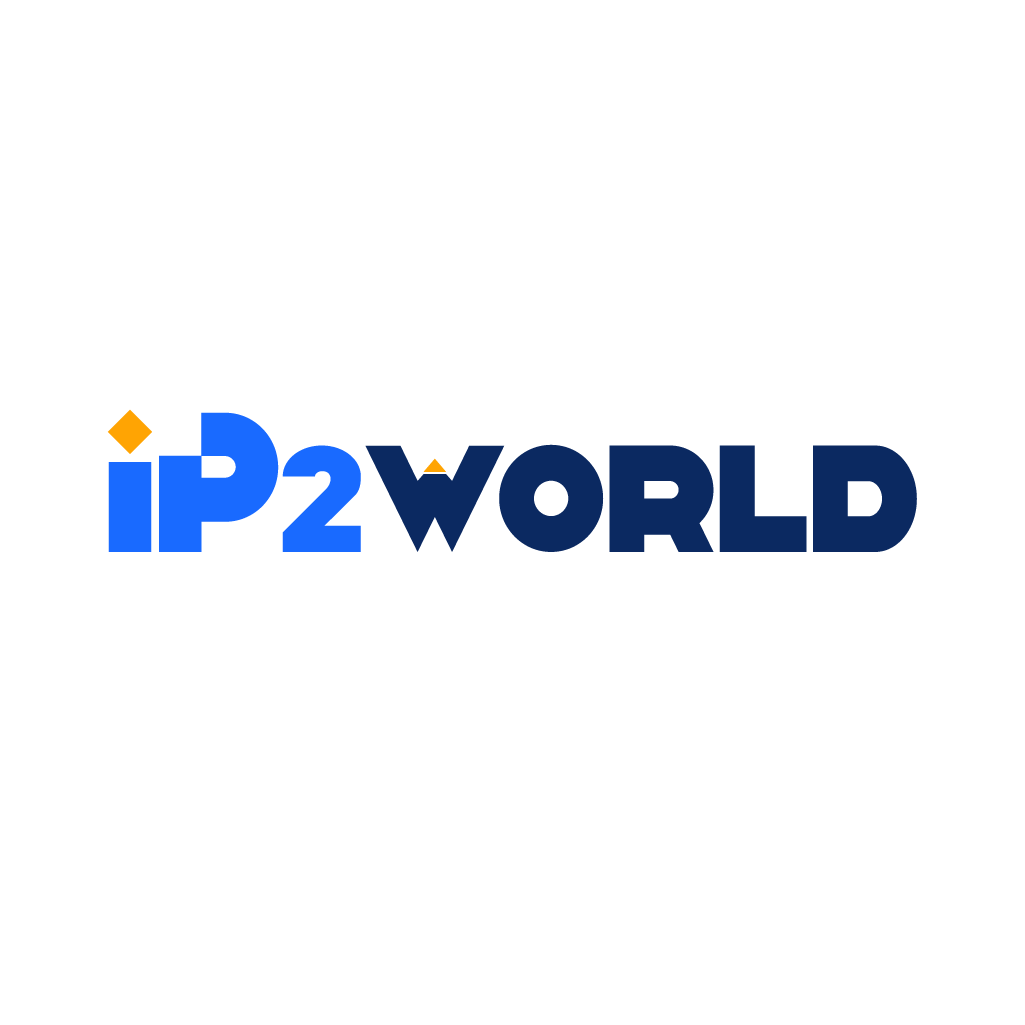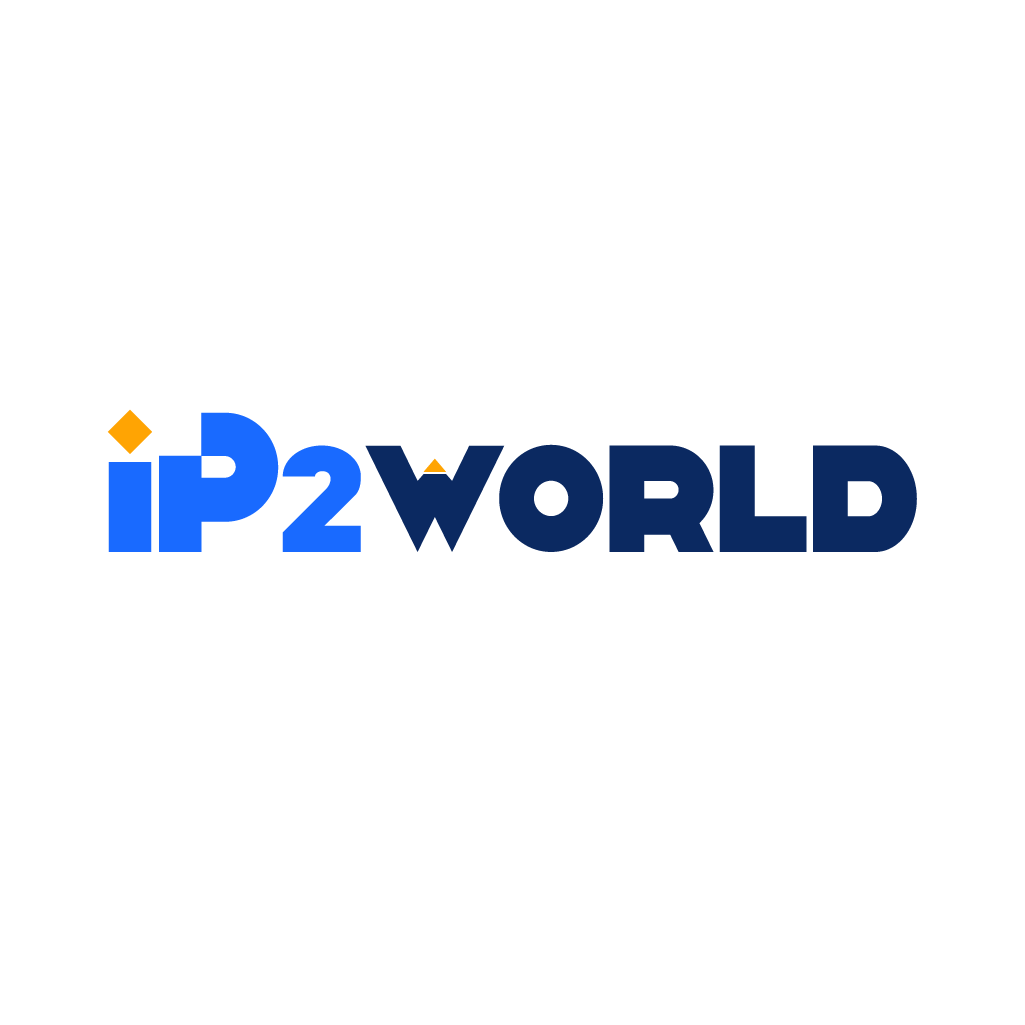Introduction In today's interconnected world, the travel industry depends heavily on data intelligence to stay ahead of competition. IP2World Proxy Service has become a central figure in providing cutting-edge proxy technology to cater to the travel industry's data needs. With over 90 million real, clean, anonymous residential proxy IPs covering more than 220 regions worldwide, IP2World is redefining how the industry approaches data. Travel Data Intelligence with IP2World 1. Global Reach IP2World offers a robust network of over 90 million IPs spanning 220+ regions worldwide. This vast reach allows the travel industry to connect to international data sources, fetching real-time information across various countries and cities. The residential proxies support multiple protocols, including HTTP(S) and SOCKS5, providing both flexibility and security. From checking flight availability to obtaining localized travel advisories, IP2World's global reach offers a seamless connection to the world. 2. Versatile Proxy Solutions Understanding the dynamic needs of the travel industry, IP2World provides both rotating and static residential proxies. These can be accessed via API or User+Pass Auth from web pages, offering diverse options for data retrieval. Rotating proxies offer anonymity, while static proxies provide stability, catering to various data collection needs. Whether it's scanning for the best hotel deals or analyzing travel trends, these versatile solutions offer efficiency and adaptability. 3. Powerful Proxy Software The travel industry often requires quick and efficient data management. IP2World's Proxy Manager is designed to simplify the configuration of global SOCKS5 residential proxies. With an intuitive interface, users can effortlessly adjust settings, monitor performance, and ensure optimal data collection. In a rapidly evolving travel market, this powerful software acts as a critical tool, aligning with the industry's need for speed and precision. 4. Targeted Data Access Personalization and relevance are key in the travel sector. With IP2World's city and ASN-level targeting capabilities, travel companies can pinpoint data that aligns with specific markets and demographics. Whether it's understanding local preferences for a tailored travel package or monitoring region-specific competition, this targeted access allows for more strategic and informed decision-making. 5. Unlimited Access IP2World understands the 24/7 nature of the travel industry, offering unmetered bandwidth and unlimited concurrent sessions. This ensures that travel-related businesses can operate without any bottlenecks or constraints. Be it holiday seasons or last-minute bookings, IP2World's unlimited access ensures uninterrupted service and responsiveness. Applications of IP2World in the Travel Industry A. Fare Aggregation and Price Integration Travel agencies and fare aggregators rely on IP2World to access and analyze global fare data quickly. Its broad reach and real-time capabilities enable the collection of comprehensive pricing information, ensuring competitive offerings. By leveraging IP2World, businesses can offer travelers the best deals, keeping up with fluctuating market rates and competitor pricing. B. Brand Protection and Ad Verification In the highly competitive travel industry, brand reputation is paramount. IP2World's proxies enable companies to monitor and protect their brand image online. Additionally, they can verify that advertising content reaches the intended audience without misrepresentation or fraud, ensuring both credibility and effective marketing strategies. C. SEO and Social Media Management IP2World's solutions aid travel companies in optimizing their search engine rankings and managing extensive social media campaigns. With precise analytics and data-driven insights, businesses can tailor their online presence to reach a broader audience. This enhancement in visibility translates to increased bookings, reviews, and customer engagement. D. E-Commerce in Travel E-commerce platforms specializing in travel products and services benefit greatly from IP2World. From automated price comparisons to customer behavior analysis, IP2World's proxies enable a rich shopping experience. Whether it's offering personalized travel accessories or exclusive vacation packages, these data-driven insights elevate the entire e-commerce journey, leading to satisfied customers and increased sales. Conclusion IP2World Proxy Service has positioned itself as a critical player in the travel industry by providing a suite of proxy solutions tailored to various needs. From fare aggregation to brand protection, IP2World's offerings enhance the ability of travel companies to collect, analyze, and use data effectively. Its vast network, sophisticated software, and targeted solutions make it a preferred choice for travel businesses seeking to innovate and excel in an increasingly data-driven world.
2023-08-22


